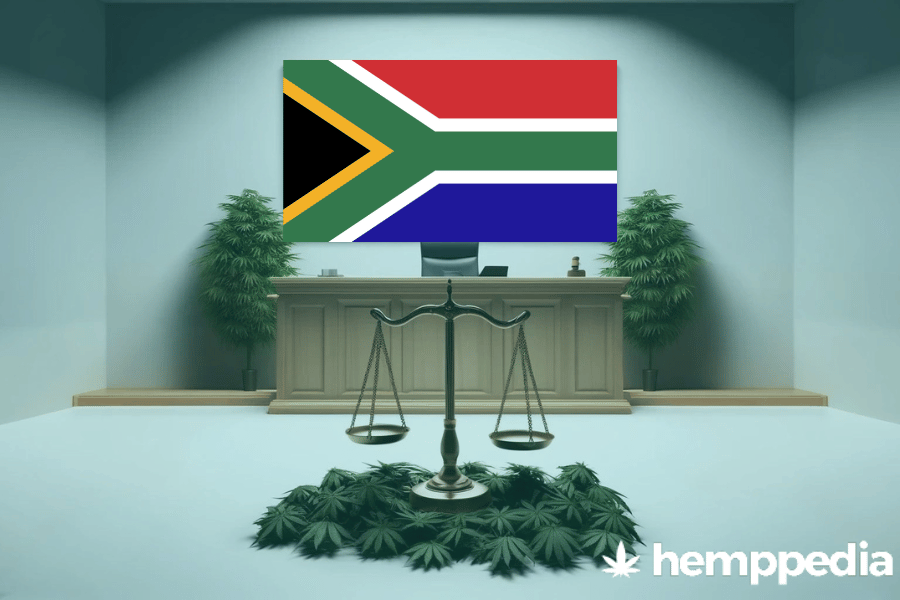TL;DR – Legal Situation of CBD in South Africa
As of now, Cannabidiol (CBD) is legal in South Africa, but with restrictions related to the dosage and the product’s health claims. This is a significant divergence from the country’s stance towards Tetrahydrocannabinol (THC), another prominent Cannabis compound, which is heavily regulated due to its psychoactive properties. The global trend shows an increasing acceptance of CBD, but certain regions, including South Africa, are still navigating areas of legal ambiguity.
Key Legal Aspects of CBD in South Africa:
- Usage: Legal, subject to restrictions
- Possession Limit: Maximum of 20mg per daily dose of CBD
- Legal Distinctions from THC Products: CBD is not scheduled under the Medicines Act, unlike THC, which is classified as a Schedule 7 substance.
Overview of CBD Legislation
In recent times, the legal landscape surrounding CBD, derived either from hemp or marijuana, has witnessed significant changes globally. In South Africa, the law currently permits CBD products, differentiating them from the more regulated THC-containing products based on their psychoactive potential.
Key Terminologies Explained:
- CBD: A non-psychoactive compound predominantly found in the cannabis plant
- Hemp vs Marijuana: Both are varieties of Cannabis sativa plant, but hemp typically has lower THC levels than marijuana
- THC content: The psychoactive chemical compound in Cannabis, heavily regulated due to its psychoactive potential
- Full-spectrum vs Isolate: Full-spectrum alludes to CBD products containing other cannabinoids along with CBD, while isolates imply pure CBD
Historical Context
Before May 2019, all cannabinoids, including CBD and THC derived from any source, were completely illegal in South Africa. It was included in Schedule 7 of the Medicines Act, only permitting usage for research purposes or under medical prescription. However, the South African Health Products Regulatory Authority (SAHPRA) rescheduled some CBD preparations to Schedule 4 in May 2019, recognising its potential wellness benefits. This rescheduling was a groundbreaking step for South Africa, opening up the prospects for medical and wellness use of CBD products.
Possession, Use, Cultivation and Sales
Consumers in South Africa can legally purchase and use CBD products, but there are restrictions on the THC content, daily dosage and health claims related to the product. Further, importing or exporting CBD products is also permitted, subject to official approval by the relevant authorities.
On the cultivation side, hemp is still considered an illegal plant in South Africa, yet, the law does permit fields of trial cultivation for research and development purposes under specific conditions. The Government’s vision of developing a local CBD industry in the future can potentially change the cultivation scenario.
Enforcement and Penalties
Non-compliance with CBD regulations can carry hefty penalties in South Africa. This can range from fines to serious criminal charges against both companies and individuals, dependent on the severity of the crime.
Comparative Analysis
Compared to other countries, South Africa can be seen as moderate in its legal approach towards CBD. While countries like Canada and Uruguay have completely legalized cannabis, including both CBD and THC, other nations, such as the United States, have a similar varied approach to South Africa, wherein CBD legality largely depends on the source and the THC concentration.
Conclusion
In conclusion, the CBD legal status in South Africa reflects a growing trend of embracing the potential health and wellness benefits of this non-psychoactive, hemp-derived compound. Though the legal framework around CBD is still evolving, the forward direction of these changes shows promise for a more inclusive future for CBD in South Africa.





